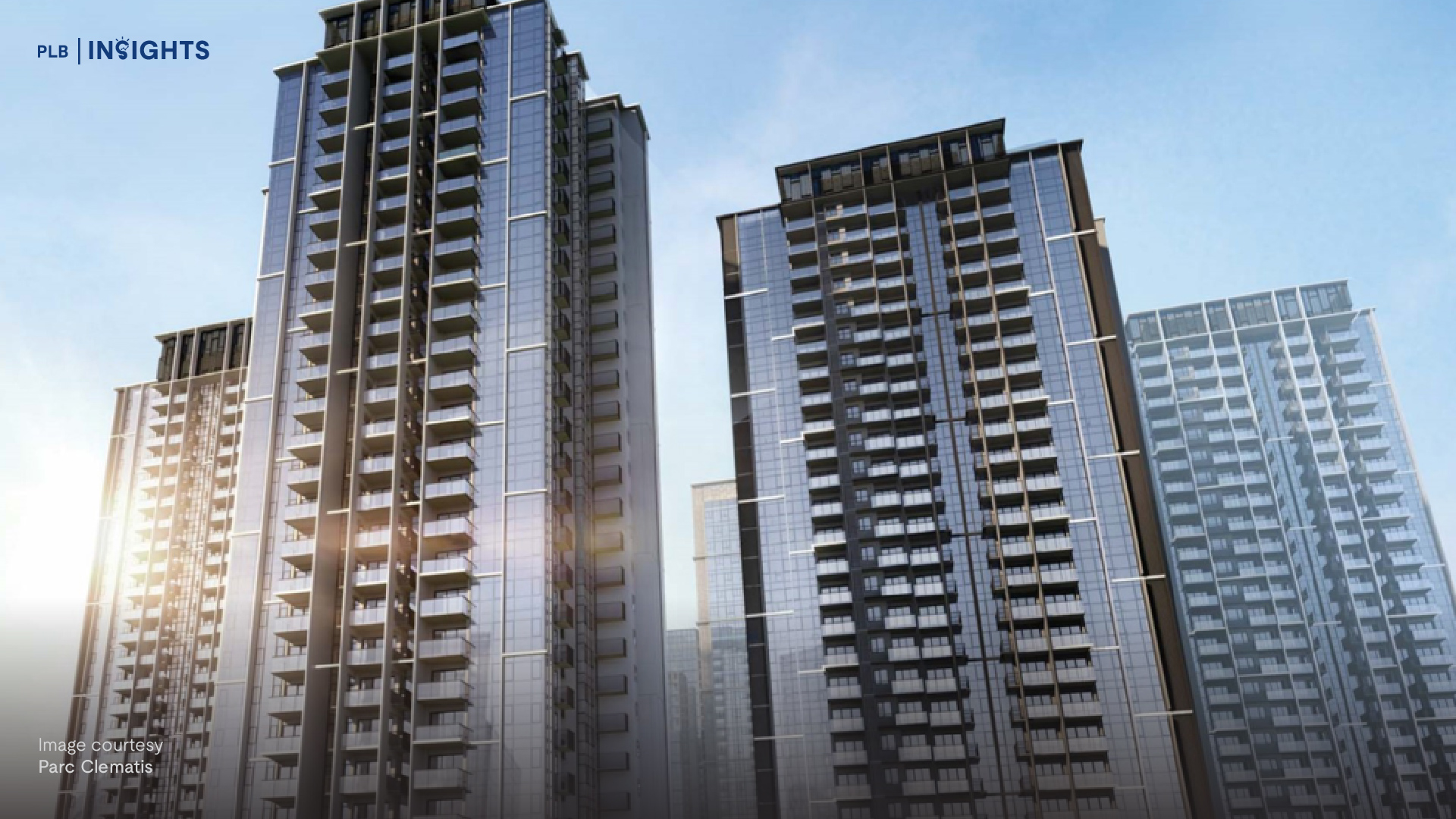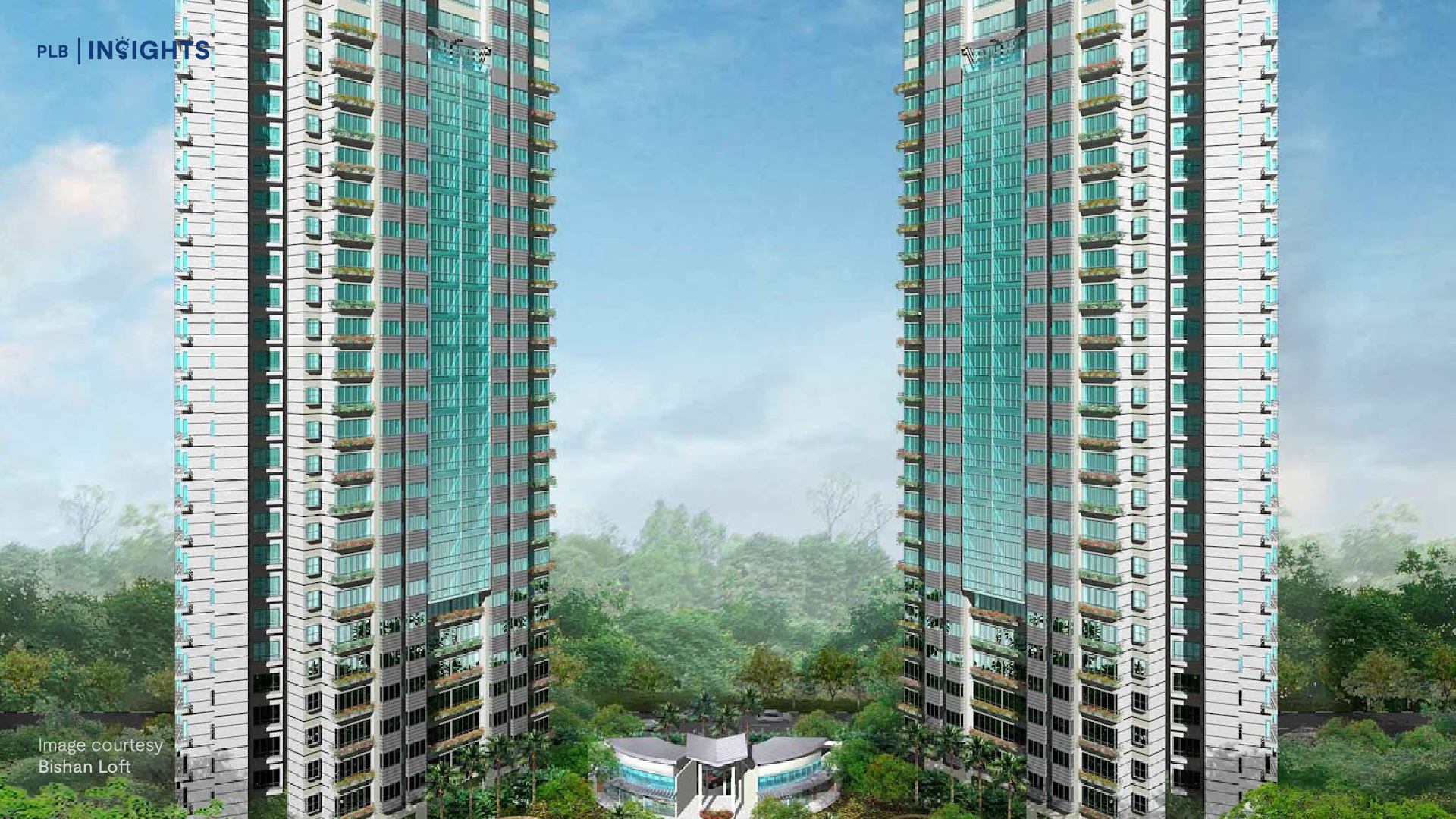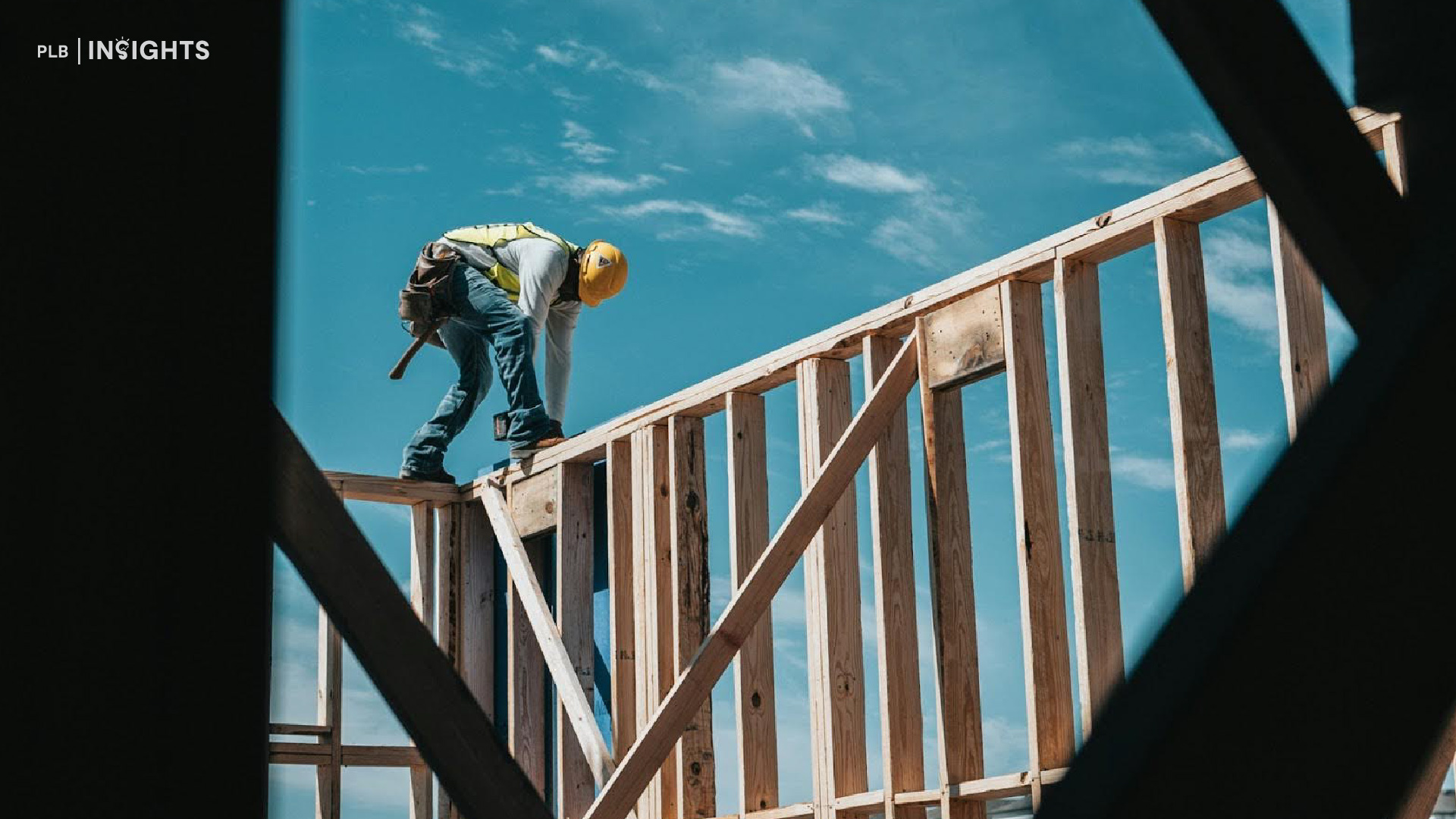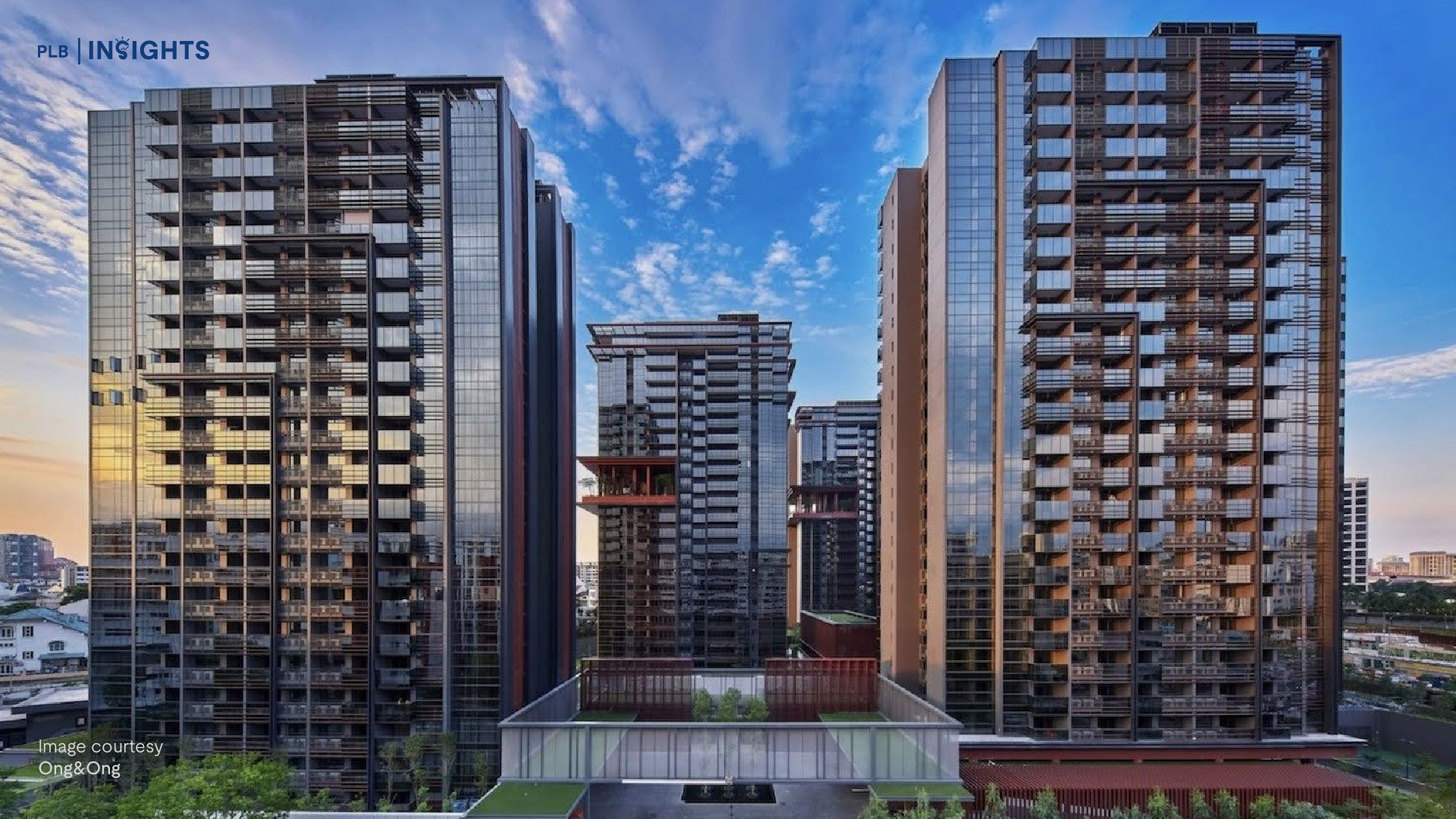
Many aspiring Singaporean homeowners believe that government grants and subsidies are essential for achieving their dream of owning a Built-To-Order (BTO) Housing Development Board (HDB) flat. These financial aids make homeownership possible for many who might otherwise find it out of reach. However, there’s also a perspective that these subsidies and grants contribute to the inflation of HDB flat prices. This price inflation can then extend to the private housing market, as the profits from selling subsidised HDB flats often fund the purchase of private residences, further driving up their prices.
Are subsidies and grants for HDB buyers a boon or a bane for Singapore’s real estate market? Let’s explore the benefits and drawbacks of these financial aids, and predict what might happen if they were eliminated.
Arguments Against Subsidies and Grants
Though some may dismiss the arguments against the provision of subsidies and grants as unfounded, it is prudent to consider this perspective to gain a comprehensive understanding of Singapore’s real estate market. As previously mentioned, some argue that the subsidies and grants available to eligible HDB flat buyers contribute to rising home prices. These financial aids enhance purchasing power, making homes more affordable and boosting demand. This increased demand naturally leads to higher home prices. When HDB homeowners sell their flats, they often reinvest the profits into private residences, further driving up demand and prices in the private housing market. This continuous cycle of heightened demand, fueled by subsidies and grants in the public housing sector, which in turn boosts demand for private residences from HDB upgraders, is seen by some as the main driver behind the persistent upward trajectory of residential property prices.
Another critical argument is that subsidies and grants can sometimes lead to overconsumption and speculative behaviour in the housing market. For instance, young couples who might otherwise live with their parents may choose to buy their own BTO flats to take advantage of the financial aid while hoping for future profits. Similarly, individuals might purchase larger flats than necessary, driven by the prospect of higher resale gains. This overconsumption can strain resources and lead to an inefficient allocation of housing. Additionally, speculative behaviour can inflate prices further, making it increasingly difficult for genuine home buyers to afford housing.
By examining these arguments, we can better understand the complexities of the housing market and the potential unintended consequences of well-intentioned policies. The interplay between subsidies, demand, and housing prices underscores the need for a balanced approach that ensures affordability without inadvertently fueling price inflation or speculative practices.
Benefits of Subsidies and Grants For The Real Estate Market

Subsidies have been a cornerstone of Singapore’s public housing policy, playing a crucial role in supporting high home ownership rates. By making HDB flats more affordable, subsidies have enabled a large proportion of the population to own their homes. This policy has helped Singapore achieve one of the highest home ownership rates in the world, fostering a sense of stability and belonging among its citizens.
Home ownership has been a significant avenue for wealth creation for many Singaporean families. Subsidies have allowed families to purchase homes at lower costs, and over time, the appreciation of property values has enabled homeowners to build substantial equity. This wealth creation through home ownership has been particularly beneficial for lower and middle-income families, helping them achieve financial security and upward mobility.
The stability in housing provided by subsidies contributes to the overall economic stability of Singapore. When families have secure and affordable housing, they are less likely to face financial distress, which can lead to broader economic problems. Stable housing markets also encourage consumer spending and investment, supporting economic growth. Additionally, home ownership fosters a sense of community and social cohesion, further contributing to a stable and prosperous society.
Subsidies not only provide economic benefits but also yield significant social advantages. Affordable housing allows families to settle in stable, secure environments, promoting family stability. It also facilitates community building, as people who own their homes are more likely to invest in their neighbourhoods and engage with their communities. This sense of belonging and community engagement strengthens the social fabric of Singapore, contributing to a harmonious and cohesive society.
What Will Happen To The Real Estate Market Without Subsidies and Grants?

If subsidies and grants for public housing were reduced or eliminated, the landscape of Singapore’s real estate market would experience significant shifts. Subsidies have historically kept the prices of HDB flats affordable, making home ownership accessible to a broad segment of the population. Without these financial aids, the market dynamics would change, potentially leading to reduced affordability and altered demand patterns.
Without subsidies, the prices of new BTO flats would likely increase, as buyers would have to bear the full cost of these properties without financial assistance. This could lead to a decrease in demand for new BTO flats, as potential buyers may be unable to afford the higher prices. Consequently, the resale market for HDB flats might also experience a downturn, as the overall demand for public housing declines. The reduced affordability could result in slower price appreciation or even a stagnation in HDB resale prices.
The private housing market could also be significantly impacted by the reduction or elimination of subsidies. Currently, many HDB homeowners use the profits from selling their subsidised flats to finance the purchase of private properties. Without these gains, fewer people might be able to afford private housing, leading to decreased demand and potential price corrections in the private housing market. Developers might face lower profits and reduced incentives to build new projects, impacting the overall supply of private housing.
The removal of subsidies would disproportionately affect lower and middle-income families, who rely heavily on these financial aids to afford their homes. Without subsidies, these groups might find themselves unable to enter the housing market, leading to increased income inequality and housing insecurity. Higher-income groups, on the other hand, might be less affected, as they have more financial resources to cope with the higher housing costs.
Economically, the reduction or elimination of housing subsidies could have far-reaching consequences. The construction sector, which is a significant contributor to Singapore’s Gross Domestic Product (GDP), might experience a slowdown due to decreased demand for new housing projects. This could lead to job losses and reduced economic growth. Additionally, lower home buying activity might dampen consumer spending and investment in related industries, further impacting the broader economy.
Housing Measures Strengthens Singapore’s Real Estate Market

Singapore’s real estate market is bolstered by a series of targeted housing measures designed to ensure affordability and stability. These measures not only facilitate homeownership but also contribute to the robustness of both public and private housing sectors.
Loan-to-Value (LTV) Ratio
The LTV ratio limits are crucial in maintaining market stability and ensuring that homebuyers have sufficient equity in their properties. For HDB flats, the LTV limit is currently set at 80% for the first home, allowing buyers to finance up to 80% of the flat’s value through a loan, reducing the initial cash outlay and making home purchases more accessible. In the private residential market, the LTV limit is set at 75% for first-time buyers. With these LTV levels, the risk of homebuyers leveraging mortgage loans for speculative profit-making ventures is significantly mitigated. It ensures that buyers are genuine and not those looking to exploit higher LTV limits for investment purposes, thereby reducing the risk of mortgage defaults and contributing to the overall stability of the housing market.
Income Ceiling for HDB Flat Buyers
The income ceiling for HDB flat buyers ensures that subsidies are targeted toward those who need them most. Currently, the income ceiling is set at $14,000 for families and $7,000 for singles. This policy keeps HDB flats affordable for lower and middle-income families, promoting social equity and preventing over-speculation in the public housing market. By maintaining affordability, the government supports a broad base of homeownership, which underpins social stability and economic resilience.
Additional Buyer’s Stamp Duty (ABSD)
The ABSD helps to moderate demand and curb speculative buying. This tax is imposed on property purchases by foreigners, permanent residents, and Singapore citizens buying second and subsequent properties. By cooling excessive demand, the ABSD ensures that property prices remain within reach for genuine homebuyers, contributing to a more balanced and sustainable real estate market.
Wait-Out Period for Private Residential Owners
Private residential property owners must observe a 15-month wait-out period before they can purchase a resale HDB flat, or 30 months for a BTO HDB flat. This rule prevents immediate transitions between private and public housing markets, stabilising demand and supply dynamics. The wait-out period ensures that the HDB market remains primarily for first-time buyers and those in genuine need of affordable housing, maintaining the integrity and robustness of the public housing sector.
In Summary
At PropertyLimBrothers, we believe that subsidies and grants are vital for the real estate market. These financial aids have enabled many Singaporeans to achieve their dream of homeownership, fostering economic and social stability. While it is important to recognise the potential for rising property prices and speculative behaviour, the benefits of these subsidies and grants cannot be overlooked.
The implementation of policies such as the LTV ratio, income ceilings for HDB flat buyers, ABSD, and wait-out periods for private residential owners helps mitigate these risks and maintain a balanced market. These measures ensure that the real estate market remains robust and sustainable, supporting the long-term economic health and social cohesion of Singapore.
By balancing financial aids with policies that curb speculative demand, the housing market remains accessible to genuine homebuyers, ultimately contributing to a more equitable and resilient society. In conclusion, while there are challenges to be addressed, the positive impacts of subsidies and grants on Singapore’s real estate market are significant and far-reaching.
Thank you for reading. Stay tuned for more insights into Singapore’s dynamic real estate market. Have any burning questions about the market? Contact our experienced real estate consultants here. At PropertyLimBrothers, we are dedicated to helping you achieve your real estate goals with precision and care.







